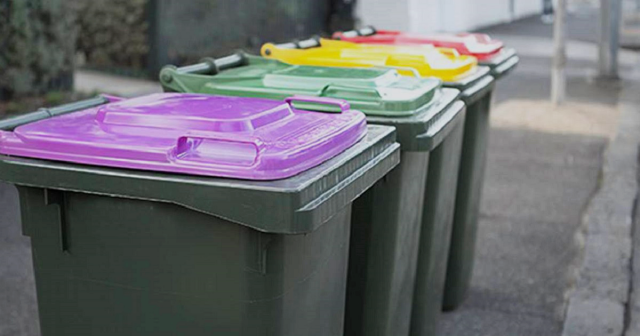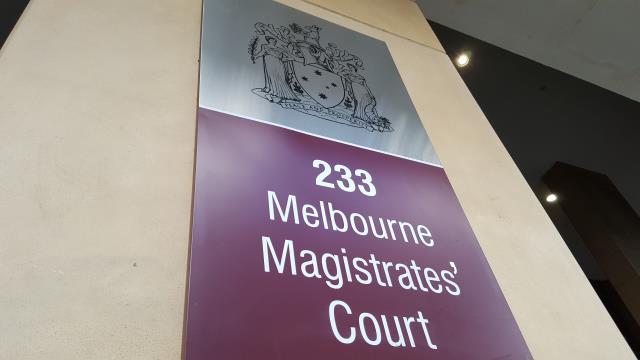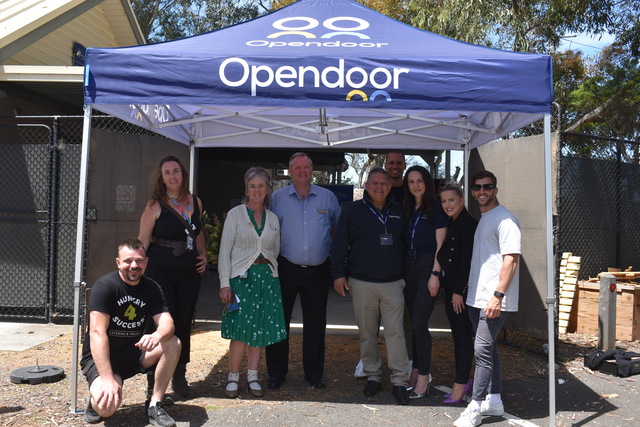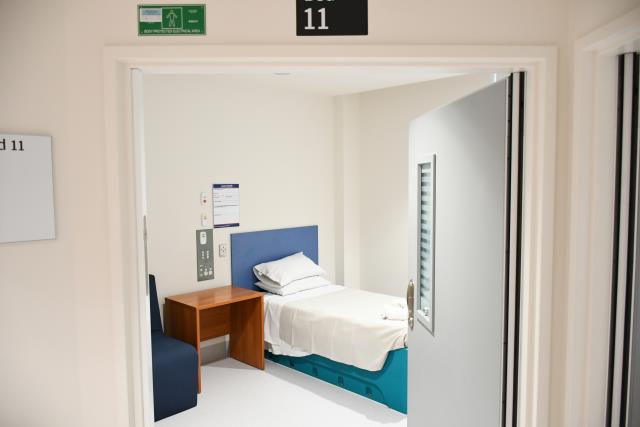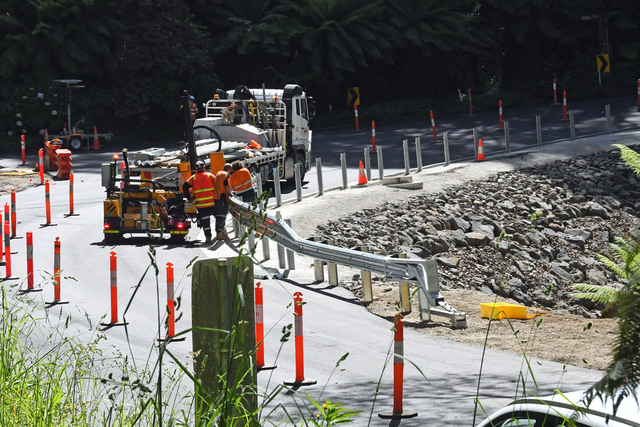Ferntree Gully residents will see “state-mandated recycling reform” in 2023 with the introduction of food and garden organics bins by midway through next year.
In March 2020 the Victorian State Government introduced a new policy mandating all local councils introduce a new four-bin waste and recycling system separating combined food and garden organics (FOGO), glass recycling, plastic, paper, cardboard and metals recycling and residual household waste by 2030.
Knox City Councillors debated the benefits and negatives of introducing FOGO bins on either a weekly or fortnightly basis by mid-2023, before passing the motion for a weekly collection of food and garden bins alongside fortnightly rubbish bin collection at its council meeting on Monday 25 July.
Deputy Mayor Nicole Seymour said the community has high expectations of the council when dealing with rubbish collection as she called for more community consultation on the introduction of FOGO bins.
“Whether we like it or not, council’s priorities are roads, rates and rubbish,” she said.
“I’m not prepared to make a decision on the frequency and buy into this whole best practice when I don’t know what other municipalities’ green waste service is like in compared to ours.”
In supporting the motion, Cr Jude Dwight said it was “the biggest change our residents will have to their curbside service for many years.”
In a statement, Knox City said food scraps make up 43 per cent of what goes into rubbish bins. Through FOGO bins, food waste will be turned into compost which is “damaging to our environment and reduces harmful greenhouse gases produced by food rotting in landfill.”
Mayor Susan Laukens said the council knows it will be a big change for the community and they will be offering additional support and service options.
“Collecting the food and garden bins weekly means most of the stinky things in our bins will continue to be picked up weekly,” she said.
“We will consult the community to understand what some of the challenges of this change will be and what special exemptions and arrangements can be put in place for households that have specific needs like children in nappies and people using incontinence aids, larger households or households with high volumes of medical waste.”
Knox City Council said it currently diverts 45 per cent of all kerbside waste from landfill, while some councils in Victoria divert up to 76 per cent by switching to weekly food and garden bins alongside fortnightly rubbish bin collection.

